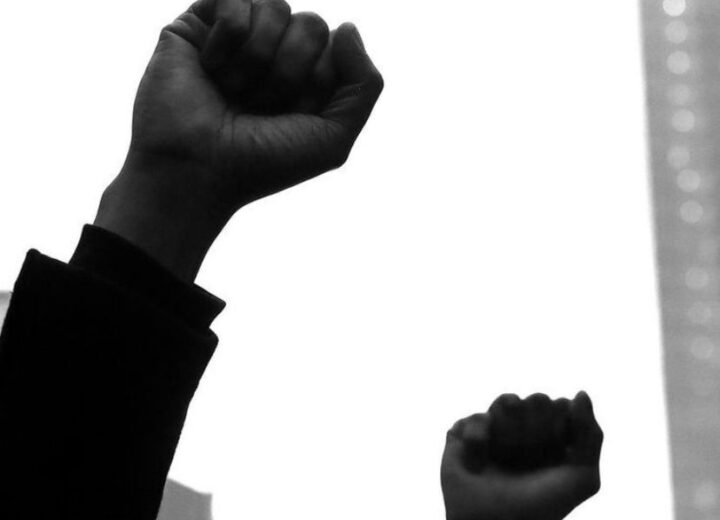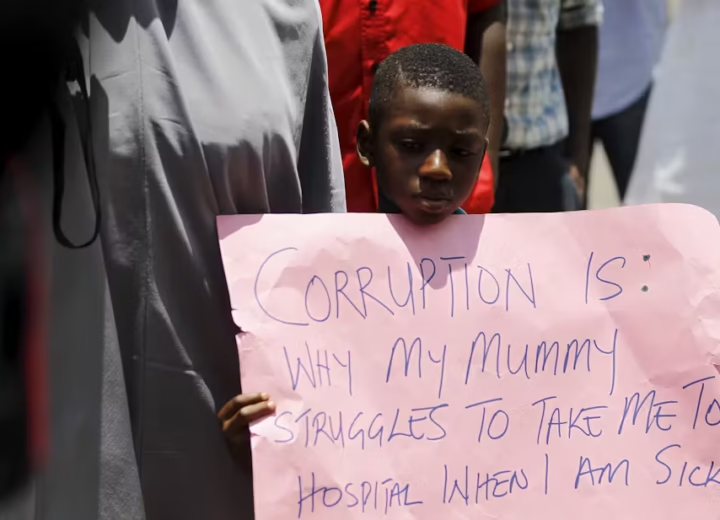Nigeria, once touted as the giant of Africa, is facing significant challenges that have led to its decline in various aspects of national development. The country is grappling with issues such as corruption, poor governance, economic instability, security threats, and inadequate infrastructure. However, amidst these adversities, it is crucial to recognize that the responsibility to rebuild the nation lies not only with the political leaders but also with the citizens. This piece delves into the importance of citizen responsibility and its influence on societal and political leadership in Nigeria.
Citizenship goes beyond merely being a legal status; it encompasses active participation, responsibility, and engagement in the affairs of the nation. Active citizenship involves being informed about national issues, holding leaders accountable, and actively contributing to positive change. When citizens understand their rights and responsibilities, they can actively participate in decision-making processes, advocate for their needs, and demand accountability from their leaders. It is through active citizenship that individuals can drive the change they want to see in their communities and the nation as a whole.
Citizens have a profound impact on shaping societal values and norms. In Nigeria, societal norms that condone corruption, nepotism, and lack of accountability have contributed to the nation's decline. However, citizens can challenge and transform these norms by promoting ethical behaviour, transparency, and accountability. Through grassroots movements, social campaigns, and community initiatives, citizens can foster a culture that values integrity, meritocracy, and public service. By actively promoting positive values and norms, citizens can influence the behaviour of their leaders and the overall trajectory of the nation.
Citizen responsibility includes holding leaders accountable for their actions and decisions. The lack of accountability has been a recurring issue in Nigeria, leading to the mismanagement of resources, embezzlement, and widespread corruption. Citizens must demand transparency, demand adherence to the rule of law, and hold leaders accountable for their promises and actions. Through peaceful protests, advocacy, and engagement with government institutions, citizens can exert pressure on leaders to act in the best interest of the nation.
Effective governance requires the active participation of citizens in decision-making processes. Citizens should be involved in policy formulation, implementation, and evaluation. Participatory governance allows for diverse perspectives to be considered, ensuring that policies and initiatives address the needs and aspirations of the people. By actively engaging in local governance structures, such as community development associations and town hall meetings, citizens can influence decisions that directly impact their lives. This level of citizen participation fosters a sense of ownership and responsibility, ultimately leading to better governance outcomes.
Citizenship responsibility also involves supporting and strengthening democratic institutions. Strong institutions are essential for safeguarding the rule of law, promoting accountability, and ensuring the effective delivery of public services. Citizens can actively participate in initiatives that promote judicial independence, support anticorruption efforts, and advocate for institutional reforms. By working together, citizens can contribute to the development of robust and resilient institutions that can withstand the challenges facing the nation.
Nigeria’s fall from its once promising position is a collective responsibility that extends beyond political leaders. Rebuilding the nation requires active citizenship, where citizens embrace their responsibility to contribute to positive change. By shaping societal values, holding leaders accountable, participating in governance processes, and supporting strong institutions, citizens can influence the direction of the nation. It is through a collective effort, driven by a sense of responsibility, that Nigeria can rise from its current adversities and rebuild itself into a prosperous and inclusive nation. The time for citizen action is now, as the fate of Nigeria rests in the hands of its people.





